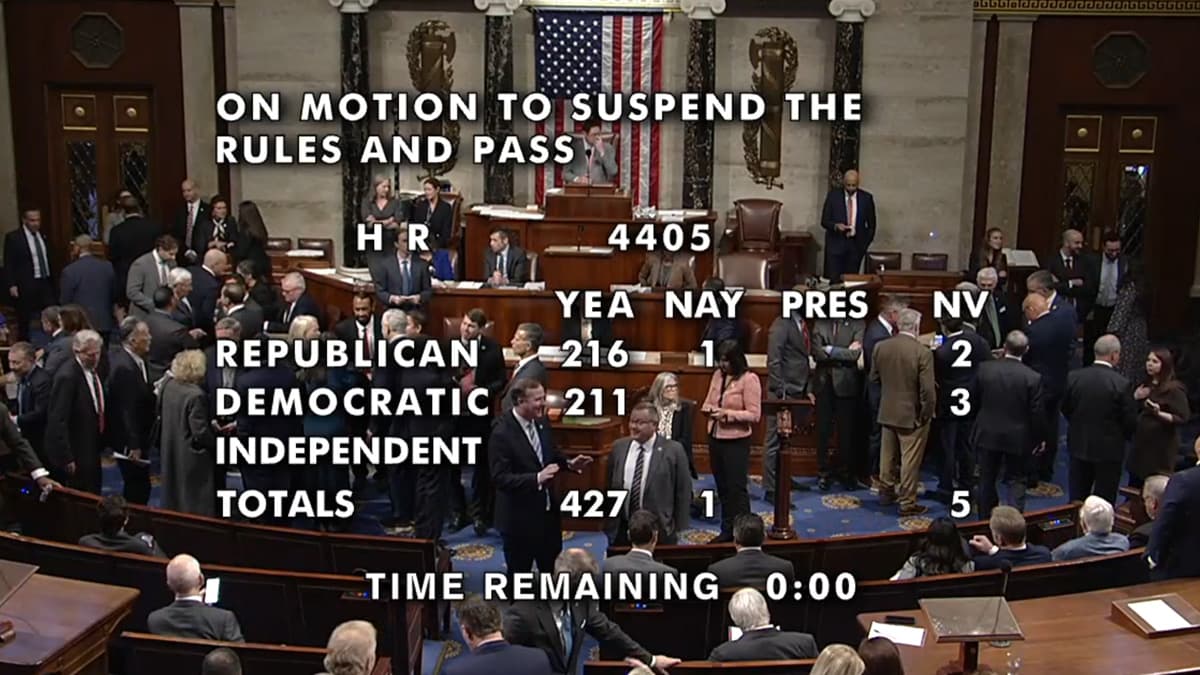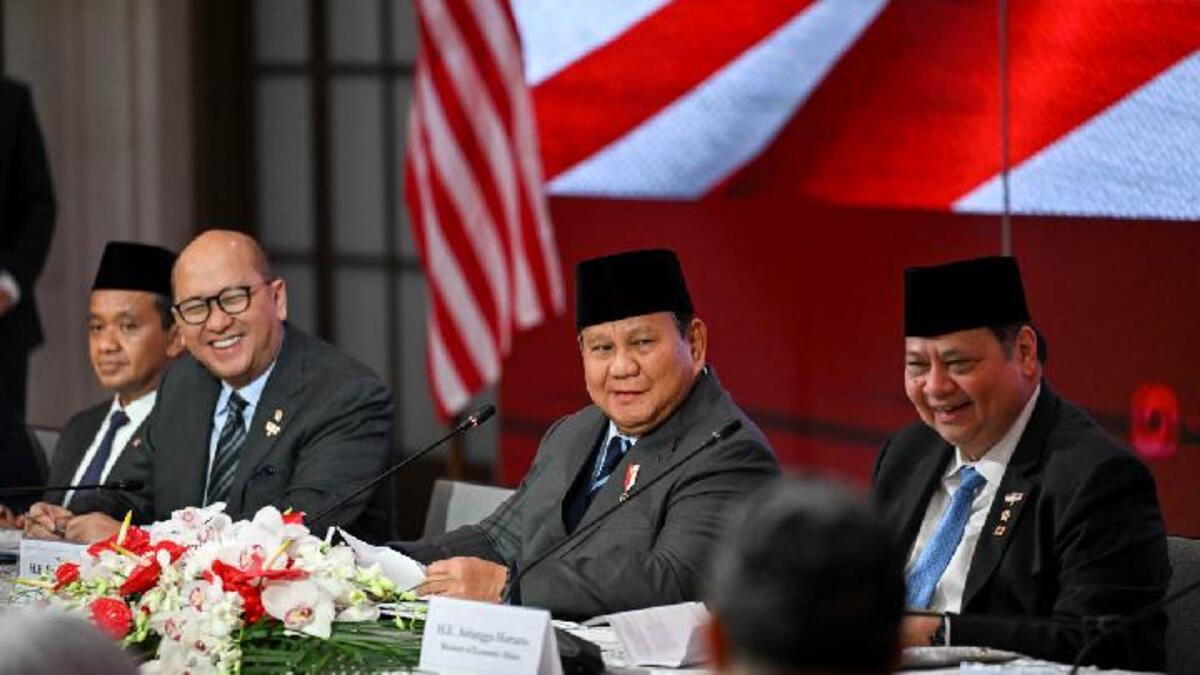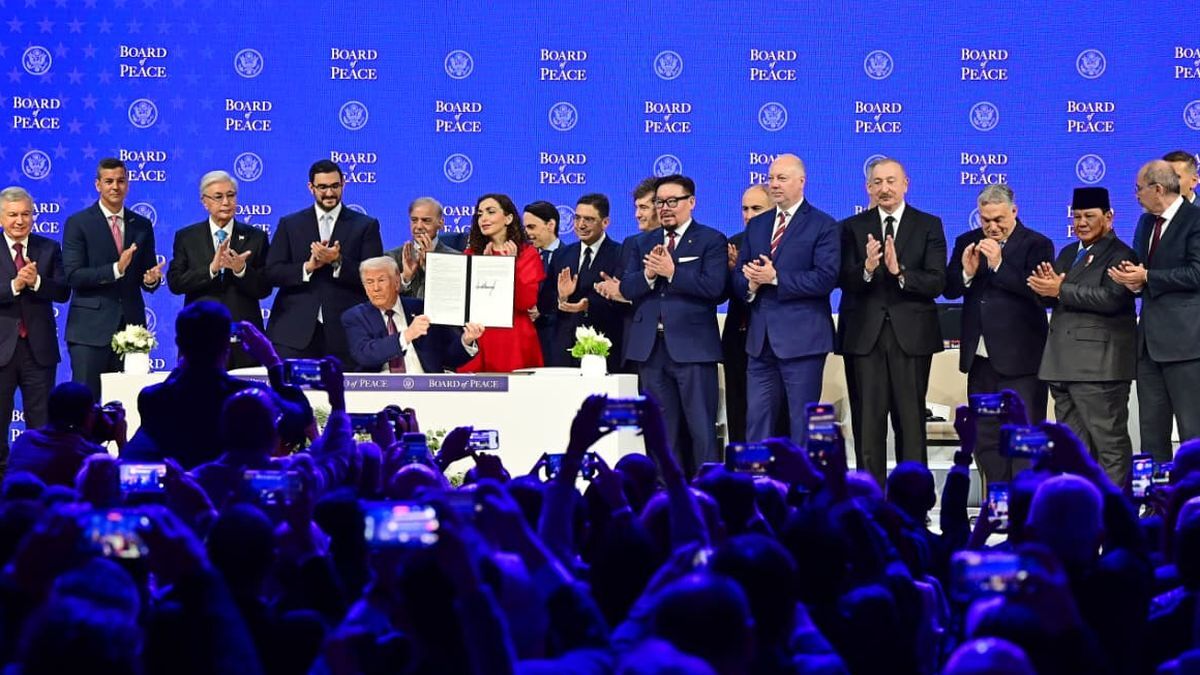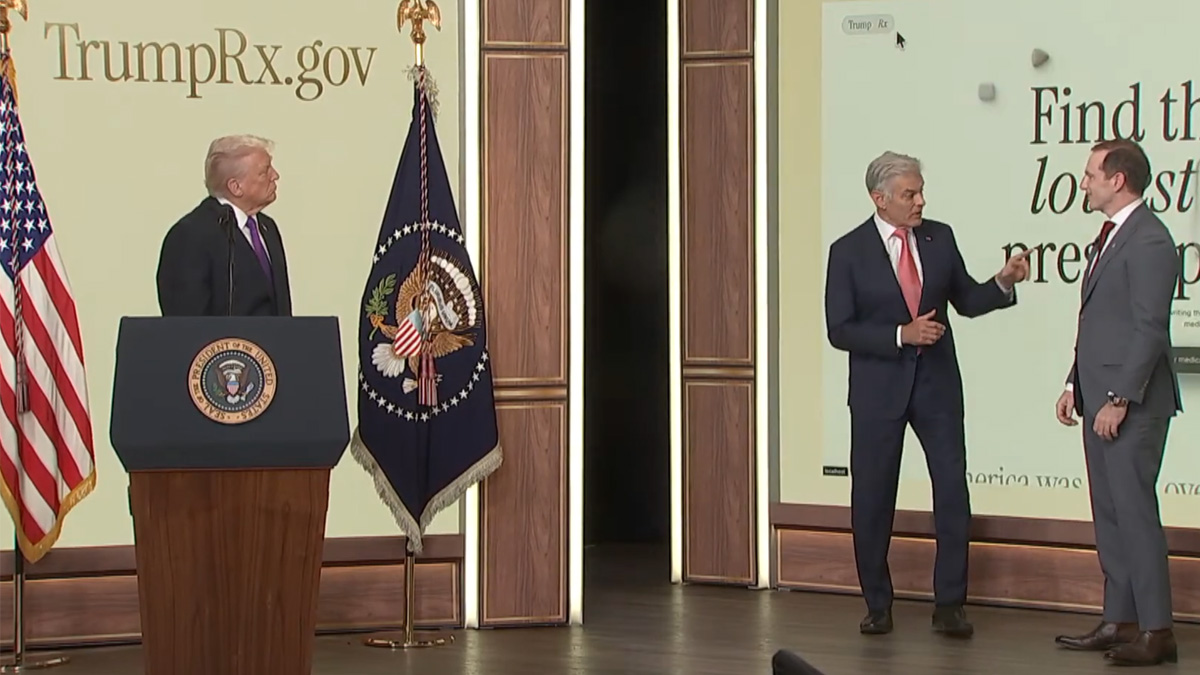Congress passes bill to force release of Epstein files in bipartisan landslide
US lawmakers have passed legislation requiring the Justice Department to release all unclassified records related to Jeffrey Epstein. The move follows months of political wrangling, culminating in a rare bipartisan push that President Donald Trump has now pledged to support.

- Congress passed the Epstein Files Transparency Act with a near-unanimous vote, mandating the release of unclassified investigative records.
- Survivors and bipartisan lawmakers celebrated the move after months of opposition, including from President Trump, who has now pledged to sign the bill.
- The measure follows growing public pressure, with the Justice Department already handing over thousands of documents for ongoing investigations.
The United States Congress on 18 November 2025, moved decisively to pass legislation requiring the release of all unclassified government records related to the late sex offender Jeffrey Epstein.
The legislation, named the Epstein Files Transparency Act, was passed with overwhelming support in both chambers — 427-1 in the House of Representatives and by unanimous consent in the Senate.
This clears the way for President Donald Trump to sign the measure into law after months of resistance.
Trump, who had previously dismissed the push to release Epstein-related documents as a partisan distraction, changed his position over the weekend as Republican support for the bill swelled.
He has since committed to signing the bill, declaring on 17 November: “Let the Senate look at it, let anybody look at it.”
The legislation mandates the US Attorney General to release “all unclassified records, documents, communications, and investigative materials” concerning Epstein and his associates — including Ghislaine Maxwell — in a publicly accessible format within 30 days of enactment.
The bill includes provisions allowing the redaction of information that identifies victims or could jeopardise ongoing investigations.
Epstein, a convicted sex offender, was awaiting trial on federal sex trafficking charges when he died in custody in August 2019. His connections to high-profile individuals across politics, business, and media have spurred persistent demands for transparency and accountability.
The passage of the legislation marks a major political and symbolic moment in that effort.
Survivors of Epstein’s abuse, seated in the House gallery, embraced one another and applauded as the final vote was read.
The only dissenting vote came from Representative Clay Higgins, who argued the bill could inadvertently expose identifying information of witnesses or innocent parties.
Republican House Speaker Mike Johnson, who opposed the process by which the bill was brought forward, also expressed concern that the legislation lacked sufficient safeguards for victims.
Despite this, he voted in favour and affirmed support for maximum transparency, while continuing to call for procedural reforms.
In the Senate, Democratic Majority Leader Chuck Schumer praised the effort, stating, “The American people have waited long enough. Jeffrey Epstein’s victims have waited long enough. Let the truth come out.”
He secured unanimous consent for the bill to be adopted immediately upon receipt from the House, ensuring swift passage without further debate.
The bipartisan effort was led by Representatives Thomas Massie, a Republican, and Ro Khanna, a Democrat, who used a discharge petition to bypass Republican leadership and force the bill onto the House floor.
This procedural move required the signatures of 218 House members and was finalised when Representative Adelita Grijalva, newly sworn in, signed the petition last week.
Speaking after the vote, Khanna hailed the moment as a moral reckoning, saying: “Because survivors spoke up, because of their courage, the truth is finally going to come out.”
Massie acknowledged the challenges faced in advancing the legislation, noting they had “fought the president, the attorney general, the FBI director, the speaker of the House and the vice-president” to secure the outcome.
Their persistence was rewarded with wide-ranging support from lawmakers across the political spectrum, many of whom had previously been reluctant to back the bill while Trump remained opposed.
Trump’s reversal came amid mounting pressure from within his own party, as Republican voters and conservative media figures questioned the administration’s resistance.
In a Truth Social post on Sunday, 17 November, Trump stated: “I DON’T CARE! All I do care about is that Republicans get BACK ON POINT.”
The shift was reportedly encouraged by White House aides and Republican lawmakers concerned about widespread defections in the House vote.
By Monday, Trump declared in the Oval Office that his concern was ensuring the scandal did not overshadow his administration’s achievements.
“We’ll give them everything,” he said, while labelling the issue “a Democrat problem”.
Survivors of Epstein's abuse have continued to urge Congress and the White House to refrain from politicising the issue.
Speaking at a press conference on Capitol Hill, survivor Haley Robson said: “There is no place in society for exploitation, sexual crimes or exploitation of women.”
Directing her comments at Trump, she added: “I’m grateful that you have pledged to sign this bill, but I can’t help to be sceptical of what the agenda is.”
Another survivor, Jena-Lisa Jones, who said she voted for Trump, criticised his handling of the matter.
“Your behaviour on this issue has been a national embarrassment,” she said. “Please stop making this political. It is not about you.”
A candlelight vigil was held on the evening of the vote outside the Capitol. Annie Farmer, another Epstein survivor, paid tribute to the late Virginia Giuffre, who died earlier this year and was posthumously published in a memoir titled Nobody’s Girl.
“She immediately rallied all of us together and had this vision… I feel like she’s here with us,” Farmer said in tears.
The Department of Justice has already released tens of thousands of pages of Epstein-related records to the House Oversight Committee.
Among the released materials were 2019 emails from Epstein claiming Trump “knew about the girls”, though no direct allegations of criminal wrongdoing were made.
Trump has consistently denied involvement in Epstein’s crimes, stating he banned Epstein from his Mar-a-Lago resort in the 2000s.
Attorney General Pam Bondi, appointed by Trump, has initiated a separate probe into Epstein’s ties to prominent Democrats and financial entities.
She previously stated that no new investigative leads had emerged from reviewing the existing files.








